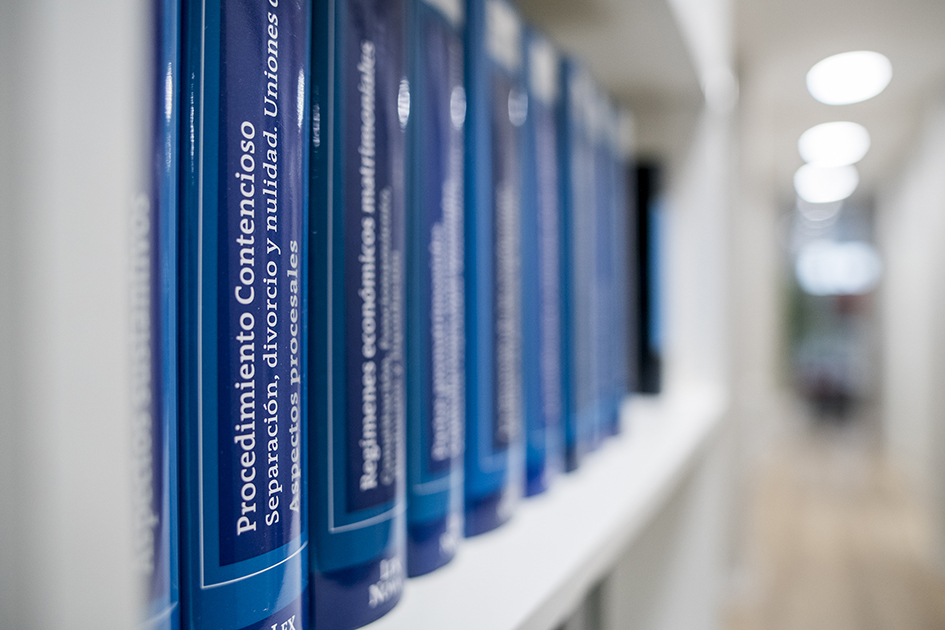
Who is responsible for the content of a label?
In the food sector it is important to distinguish between administrative, civil and criminal responsibility. Entering the administrative field it is important to start from the fact that the manufacturer is responsible for the infringements that are produced by the content of the product, the ingredients and the raw material (example: poisoning) and the distributor is responsible for the label of the products (The person responsible for the content of the label is who appears on the label). Now if the manufacturer knows that the label is wrong, he is responsible for solidarity.
Thus, sections 1 and 2 of article 17 of Law 28/2015, of July 30, for the defense of food quality:
“1. The individuals or legal entities and the communities of property that incur the actions or omissions typified as infringement in this law will be responsible for the infractions.
2. Unless the regulations of the European Union provide for a different regime, the infringements on packaged products will be responsible for the signatures or social reasons, including the distributor, that appear on the label, either nominally or by means of any indication that allows their true identification. Exceptions are cases in which falsification or poor preservation of the product is demonstrated by the holder, provided that the storage conditions are specified on the label.
Likewise, the processor, manufacturer or packer and the distributor that does not appear on the label will be jointly liable if it is proven that he knew the infraction committed and that he gave his consent.
In the event that the labels have been falsified, the responsibility shall correspond to the forger and to the persons who market the products knowing the counterfeit ”.
It is important in these cases, therefore, that the corresponding contracts of distribution, packaging, confidentiality, etc. are signed between the parties (manufacturer and distributor) where each of the responsibilities are reflected. In general, these two scenarios are usually given:
- The manufacturer manufactures but does not produce the label: in that case, the contract would regulate all liability issues and it would be clear that the manufacturer does not make the label being solely responsible for the content of the product and that the information that appears on the technical sheet that elaborate is correct. Here it can be added (in that manufacturing contract) that the manufacturer is exempted from any question about the label.
- The manufacturer manufactures and prepares the label: a distribution contract should be made by adding that in the event that the Administration or any third party imposes a sanction or requires payment of any damage if the manufacturer is obliged to pay it, he will have the right to claim it via repetition against the distributor (or a similar clause). The possibility should be included that if the manufacturer imposes a penalty for jointly and severally responsible for the content of the label (whether or not those responsible), the other party will be fully responsible for that penalty, plus interest, damages, etc. In the event that this happened, the civil recourse against the distributor would be secured.
For all these reasons, it is important to have specialized lawyers (such as Legalego Abogados in Granada) in this type of case and subject matter, since, on the one hand, they can advise each party of what are the risks and consequences of any transaction and, on the other , translate it into a contract document.






